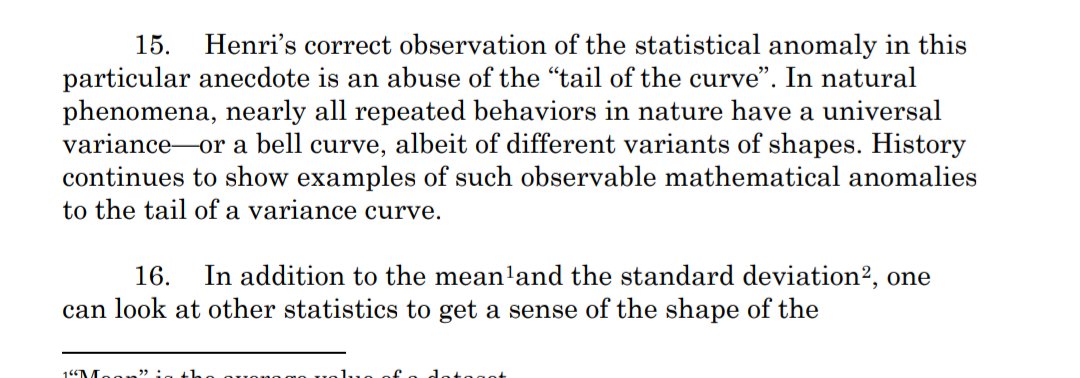
I'm going to disagree with Ezra here.
Saying "incentives matter" doesn't have to imply anything negative about people living in poverty. In general, the idea that people are very sharp and goal-oriented (which is what I generally understand 'incentives matter' to mean) is good.
Saying "incentives matter" doesn't have to imply anything negative about people living in poverty. In general, the idea that people are very sharp and goal-oriented (which is what I generally understand 'incentives matter' to mean) is good.
https://twitter.com/ezraklein/status/1357747522651922435
That said, I think this language is often sort of crudely appropriated and used in a misleading way.
This is particularly the case with discussions of welfare reform, where people use this kind of language to make the exact opposite claim that "incentives matter" should tell us.
This is a good example - Kaus is actually saying that incentives *do not* matter. That people will just stop working if they achieve basic sustenance.
https://twitter.com/kausmickey/status/1357461036513648642
Similarly, when I was reading Charles Murray's "Losing Ground" I was fairly shocked at how, while the opening chapters adopted to tone of "taking a hard look at the fact, and discovering incentives matter" the analysis didn't actually support his policy claims.
He has a whole chapter about how AFDC incentives work, concludes that working would still be the economically rational choice, than simply asserts that people will not work regardless.
And of course Ezra is right here to note that, in additions to incentives *capacities* matter. Giving people small unconditional benefits is a great way of building capacities *without* having a negative impact on incentives.
https://twitter.com/ezraklein/status/1357747532433002496
• • •
Missing some Tweet in this thread? You can try to
force a refresh







